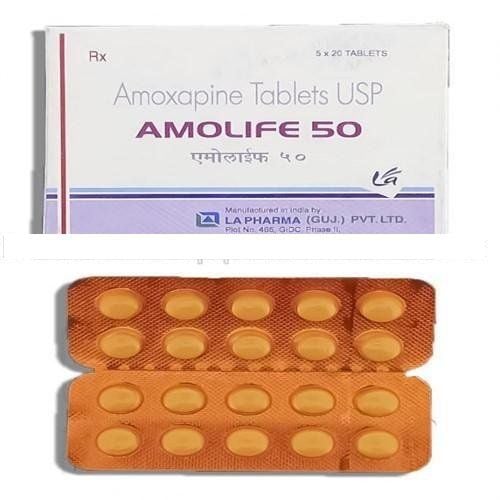This is an automatically translated article.
Clorazepate belongs to the group of psychotropic drugs. The drug is prepared in capsule form with the main ingredient being Clorazepate. The sedative Clorazepate works to help patients sedation, sleep, anticonvulsants....
1. What is Clorazepate?
Clorazepate is a psychotropic (anxiolytic) drug belonging to the group of Benzodiazepines.
Clorazepate is prepared in 2 forms:
Tablets or capsules with the main ingredient being Clorazepate in 3.75mg, 7.5mg and 15mg strengths. Long-acting oral tablets of 11.25mg and 22.5mg.
2. What effect does Clorazepate have after use?
Clorazepate in the drug is a long-acting benzodiazepine in nature.
Clorazepate is often prescribed for patients with anxiety disorders, to help patients control partial seizures. Clorazepate is also used to relieve symptoms of extreme alcohol withdrawal.
3. Some subjects are contraindicated to use Clorazepate
Do not use the drug Clorazepate with the following subjects in any form:
People who are hypersensitive to the ingredients in the drug (Clorazepate); Pregnant women should not take Clorazepate.
4. Instructions for using the drug Clorazepate
Dosage of Clorazepate may vary depending on the age, condition of the patient and the type of disease. Therefore, to get the most accurate dose of the drug, you should consult with your doctor for further advice.
For anxiolytics: The recommended dose is 7.5 to 15mg, divided into 2 to 4 times a day. Patients can use long-acting oral tablets from 11.25 to 22.5mg, used once a day before going to bed. For subjects with alcohol withdrawal syndrome: Patients in the early stages of treatment are recommended to use 30mg / time / day. After that, the dose can be reduced to 15mg, divided into 2 to 4 times a day. Patients should not take more than 90mg of the drug in a day. Patients should gradually reduce the dose of the drug over the next few days. Patients with early-stage seizures should take the highly recommended dose of 7.5mg in 2 to 3 divided doses per day. Then, gradually increase the dose by week, each week increase by 7.5mg of the drug. However, patients should not use more than 90mg of Clorazepate in a day. Children 9 to 12 years old with convulsions: In the early stages of the disease, many recommendations are 3.75 to 7.5mg, divided into 2 doses in 1 day. Incremental weekly dose increments should only be increased from 3.75 to 7.5 mg of Clorazepate. However, children should not use more than 60mg of Clorazepate in a day. Adolescents over 12 years of age with anticonvulsant levels: Use the drug at the same dosage as in adults.
5. Clorazepate side effects
The side effects that Clorazepate causes can appear with different frequencies, the most common symptom is drowsiness. Some of the less common symptoms of Clorazepate include confusion, headache, dizziness, ataxia, attention deficit, memory loss (this symptom may be more severe in the elderly), rash, muscle weakness, hypotension, digestive disorders, urinary retention, visual disturbances, dry mouth, blood disorders, vomiting, nausea, jaundice, constipation, elevated liver enzyme levels, blurred vision.
6. Kidneys during the use of Clorazepate
Absolutely should not use Clorazepate for children under 9 years old, people suffering from depression, subjects with suicidal thoughts and other mental disorders. Clorazepate should be used with caution in patients with liver failure and the elderly because it can increase liver enzymes and reduce memory in the elderly.
Before using the drug you should inform your doctor about your medical history (sleep apnea).
Based on many studies showing that Clorazepate has the ability to cross the placenta and into the fetus. Since then, the drug can cause birth defects in the fetus, suffocation, hyperbilirubinemia and hypothermia... Therefore, it is absolutely not recommended to use Clorazepate for pregnant women (especially pregnant women). first 3 months of pregnancy).
The ingredients in Clorazepate are excreted in breast milk, which can cause ADR in the baby. Therefore, patients need to consider between breastfeeding and drug use.
Clorazepate can make users feel headache, dizziness, ataxia,... Therefore, patients should not perform tasks that require high concentration after taking the drug.
Clorazepate drug has an effective effect in helping patients sedation, sleep, anticonvulsants.... However, besides the benefits that Clorazepate brings, the drug can still cause unwanted side effects. desire. Therefore, before using this medicine, you should carefully read the accompanying instructions for use and follow the instructions of your doctor.













